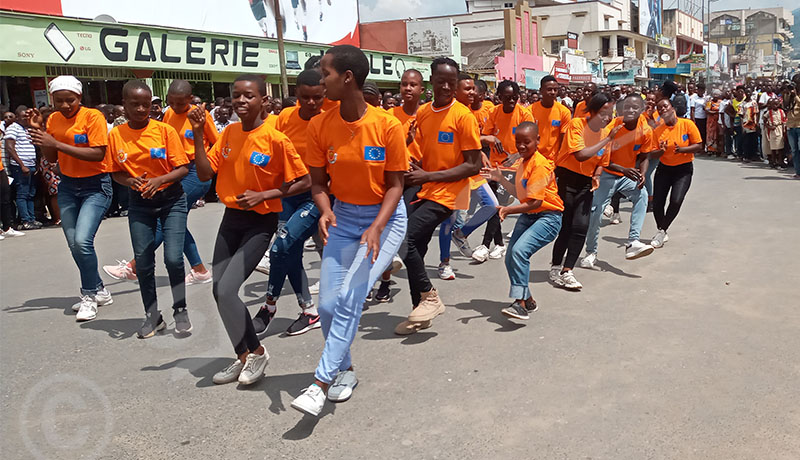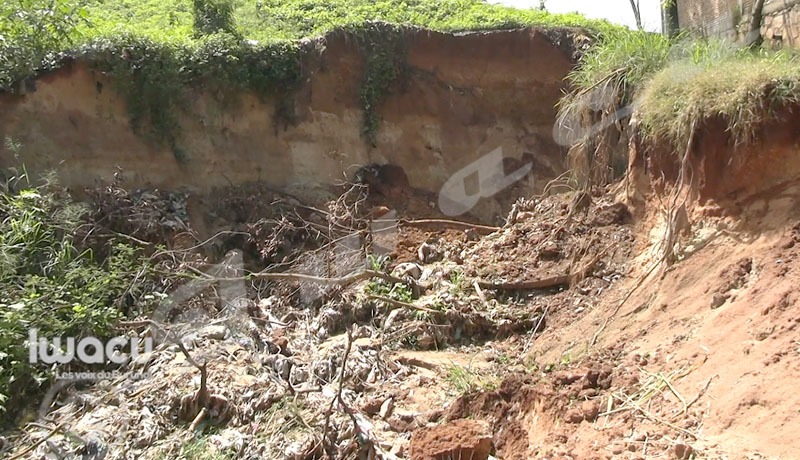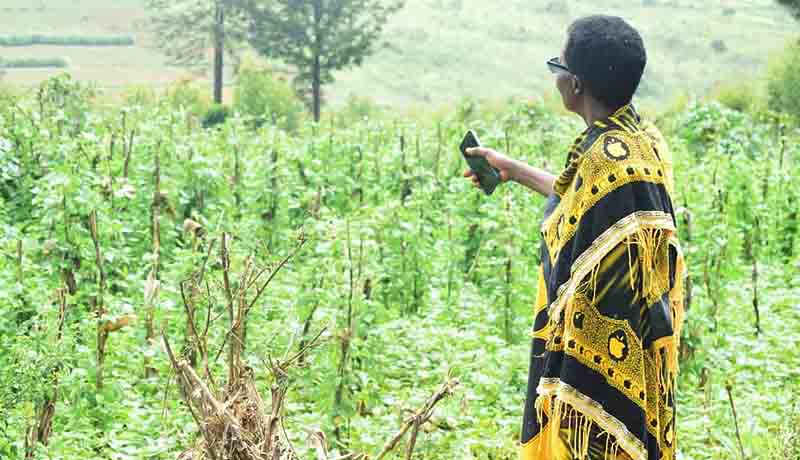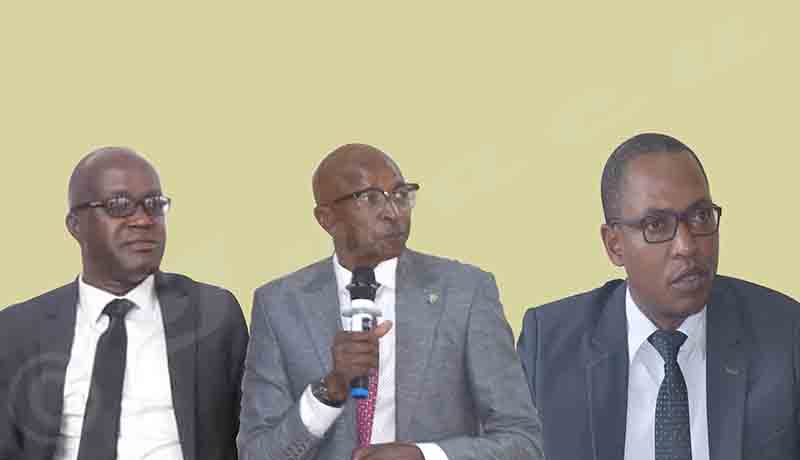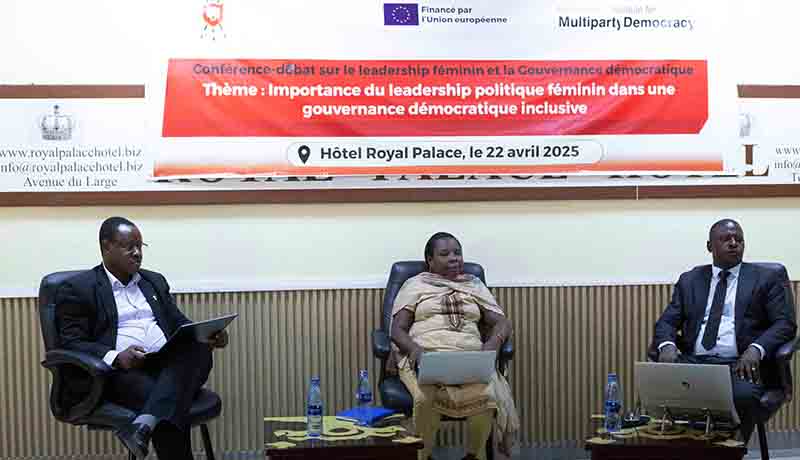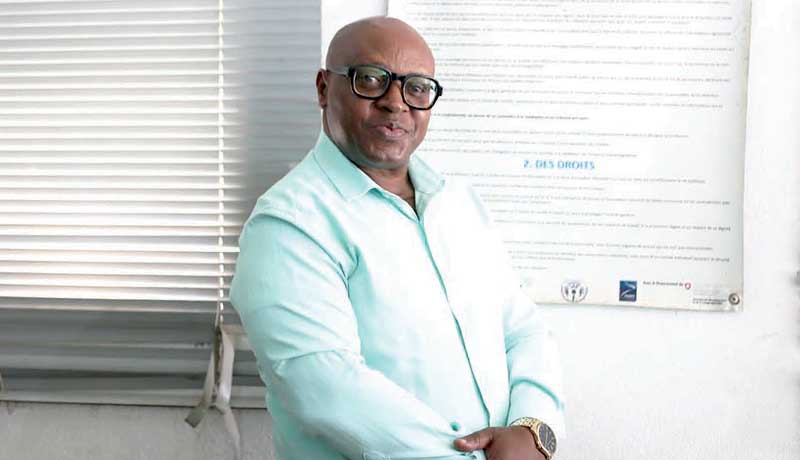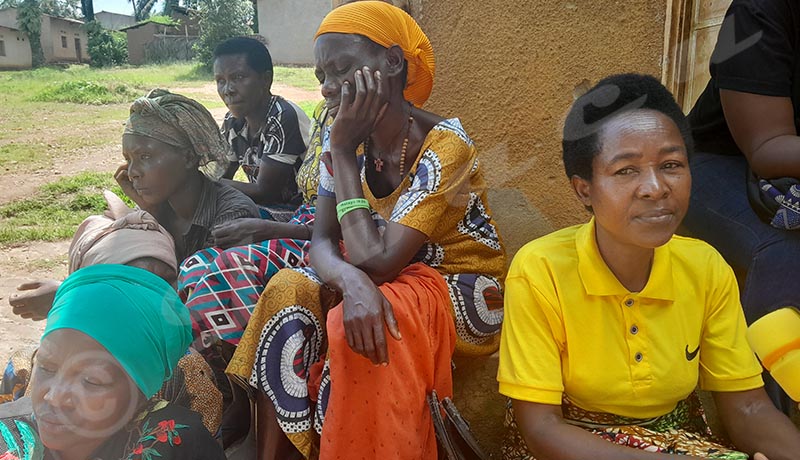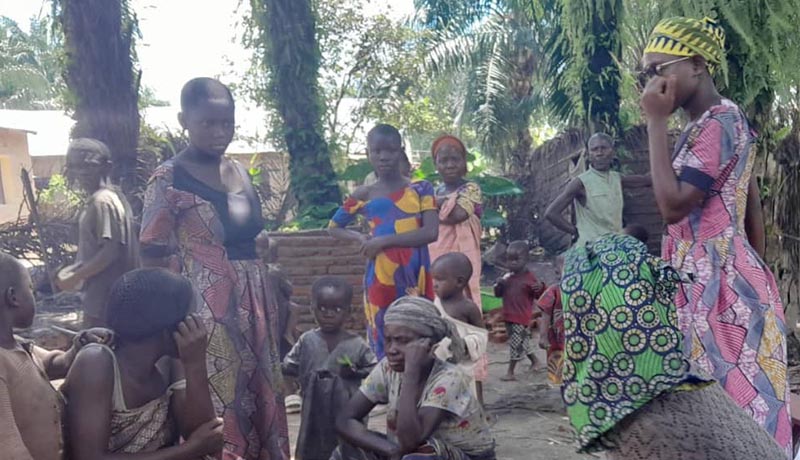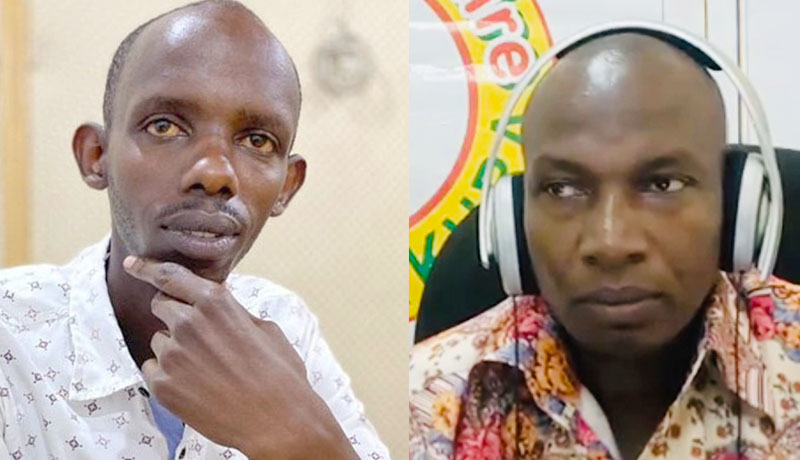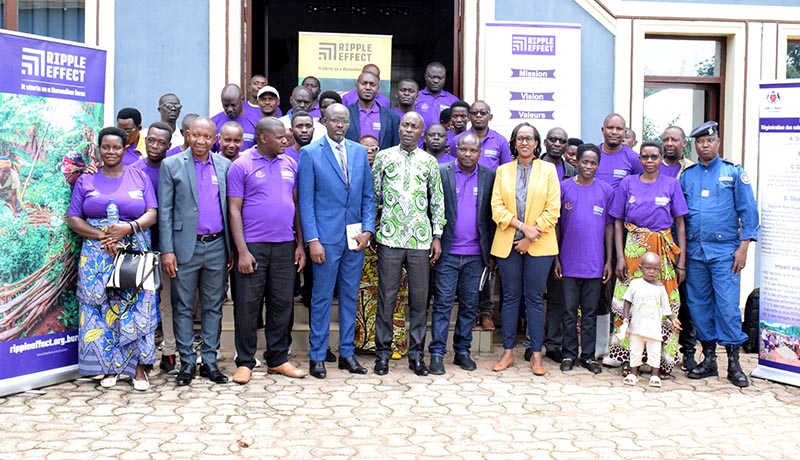Residents of Bujumbura city testify that gender-based violence is a reality in their neighborhoods. For some, men are also victims of such violence. With the support of the European Union, the International Rescue Committee (IRC) organized a flash mob in Bujumbura city on December 6 to call on population to fight against gender-based violence.
For Deus Kavyinabukeye, a Bujumbura city resident, gender-based violence is a reality in Burundi: “By gender-based violence, I understand a torture inflicted on a person based on their sex. For women and girls, this is often done through sexual violence, what happens in the Burundian society.”
According to him, people should not forget that men can also be victims of gender-based violence. According to him, prioritizing women in granting employment is a kind of violence against men: “In some calls for job application, you will see that women and girls are often given priority. This is a kind of violence against men. There should be equity in opportunities.”
He assumes that there are women who torture their husbands, especially when they are stronger or richer than them, or when they exercise a certain public power in society. He recommends mutual respect between men and women for the sake of family well-being.
For him, it is still difficult to achieve equality between men and women: “We do not have same strengths to be totally equal. Both men and women have their strengths and weaknesses. What is needed is simply complementarity.”
For André, another Bujumbura city resident, gender-based violence also includes acts that degrade women in families and in society: “In households, men often torture women. They make all decisions that involve the family without consulting women. Some men think that women have no right to family decision-making.”
According to him, women are sometimes discriminated against in workplaces for reasons that there are activities they cannot do: “Women are our sisters, our children, our mothers. They should not be stigmatized. We must recognize their strengths. They are as strong as men.”
He regrets that men are also victims of gender-based violence: “For example, a woman can threaten her husband accusing him of not feeding his family.”
André says that there are even men who are physically tortured by their wives. He regrets that society seems not to believe in this phenomenon: “It is believed that women are always victims. Even when a man is beaten up by his wife, the woman is said to have defended herself. He will never be understood.”
He calls on men and women to understand that their partners have a right to life and that these rights must be protected for all.
What do women say about violence against men?
For Anne-Marie, a resident of Kanyosha urban zone, stereotypes suggesting that a man should be the head of family are the root cause of violence against women: “It is deplorable that some men abuse this power and torture their wives that they should protect.”
She regrets that a woman who dares to denounce violence is considered by the society as poorly educated or an extremist feminist: “Unfortunately, when we inform our mothers of the violence we suffer, they laugh at us. They tell us that this is a family secret and that we must have the strength to bear everything.”
According to her, men are never victims of gender-based violence. For her, saying that men are tortured by women is a way of diverting attention from violence against women and girls.
For another Bujumbura city resident, some men who say they are victims of domestic violence are those who face repression or defensiveness from their wives.
She calls on women not to respond to violence inflicted on them by men with other violence: “We must rather dare to denounce all kinds of violence and file complaints to courts in cases of torture.”
However, she denounces women who believe that only men should provide for the family needs. She calls on women to work, to carry out income-generating activities to contribute to development and subsistence of their families: “An economically independent woman is less exposed to domestic violence.”
A Call to denounce gender-based violence
In a flash mob supported by the European Union and organized on December 6 by the International Rescue Committee (IRC) in Bujumbura City, city residents got the opportunity to say no to gender-based violence through songs, dances and question-and-answer games. This flash mob was organized under the theme “All together, let’s fight for a better life free of gender-based violence.”
Young people wearing orange t-shirts, with banners on which were written messages against violence against women and girls, embellished this campaign.
Some banners read “Let’s say no to sexual violence against women and girls”, “Let’s say no to all kinds of violence that aim at denying women their rights to manage family wealth” or “Let’s say no to parents who force their underage daughters to marry”.
Other banners carried messages calling on men to fight polygamy and infidelity; and women to dare to denounce violence they suffer.
“We are against gender-based violence. This is the message that we must carry in our families, in society. We must support all the people who are victims of violence,” said Paolo Lubrano, IRC Country Director. He thanked the European Union for supporting the organization of this activity.

“The fight against gender-based violence, particularly violence against women and girls, is an integral part of human rights protection promotion,” said Francine Marimbo, adviser to the directorate of Gender equality at the Ministry of National Solidarity, Social Affairs, Human Rights and Gender.
According to her, gender-based violence is observed without distinction of age or social status. She indicated that in Burundi, there are also men who experience such violence: “It is not only women who need protection against gender-based violence. Men need help as well.”
She reassures that the government of Burundi in collaboration with its development partners is doing its best to fight and eradicate this violence.
“The ministry, which is the coordinator of everything related to gender, promotion of women and girls, continues to call on all those who are working in this area to work in synergy.”
Francine Marimbo called on the population to contribute to the fight by denouncing cases of gender-based violence and their perpetrators to the authorized structures. For her, it is necessary to provide assistance to all victims, because no one is spared from this disaster.
“Nothing can justify violence”
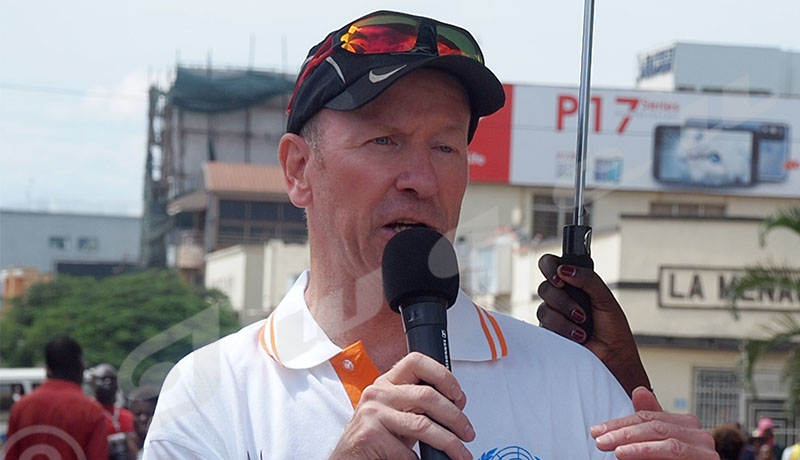
“Women and girls have always been victims of violence against them. This happens in situations where the law of the strongest prevails,” deplored Arnold Jacques, head of cooperation sector at the European Union delegation in Burundi.
For him, nothing can justify violence to anyone, especially to the most vulnerable: “Refusing violence is a first step. Recognizing rights and equal opportunities is a second step.”
According to him, a world where there is violence and injustice does not progress, it rather regresses: “Where rights are respected, where the most vulnerable, especially women and girls, are protected, the situation improves for everyone.”
For Arnold Jacques, it is time to recognize that women and girls have as much talent and capacity as men and boys.
He stressed that the European Union, in collaboration with the government of Burundi, is fully committed to the fight against gender-based violence; and for equality between men and women.
In addition to this flash mob, the European Union supported and organized various activities in the context of the 16 days of activism against gender-based violence. We can mention, among others, the slam contest on GBV on November 26 and the media contest on GBV on December 7.
It should be recalled that the European Union’s Gender Action Plan III (2021-2025) is operational in Burundi. This plan aims at helping women, girls and young people to fully exercise their rights and increase their participation in political, economic, social and cultural life.
In addition to equality between men and women, this gender action plan also aims at guaranteeing the absence of all forms of gender-based violence, guaranteeing the empowerment of women and girls, and promoting equality in terms of participation and exercise of responsibility.
